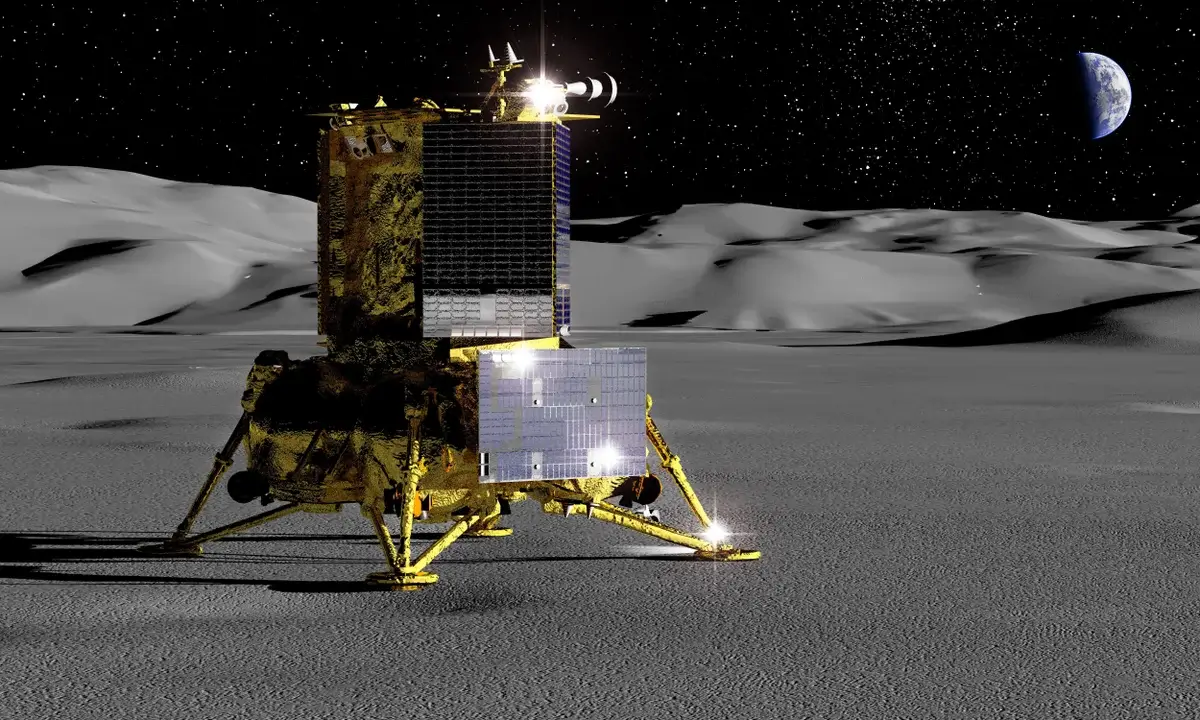
Luna-25 Russia’s Moon Mission
Historic Launch from Vostochny Cosmodrome
On August 11, Russia made history by launching its inaugural mission to the moon’s natural satellite, Luna-25. This groundbreaking spacecraft, comprising the Soyuz-2.1b launch vehicle, the Fregat upper stage, and the Luna-25 automatic station, blasted off from the Vostochny Cosmodrome at 02:10:57 Moscow time.
Mission Objectives: Soft Landing and Research
The primary objective of Russia’s Moon Mission is to test soft landing technology on the moon’s surface. This cutting-edge technology will enable future missions to collect soil samples and conduct scientific research on the moon’s South Pole and exosphere. Moreover, the mission aims to gather crucial data on the moon’s geology, composition, and atmosphere.
Luna-25: The Pioneering Spacecraft
The Luna-25 automatic station is designed to enter a 100 km orbit around the moon on August 16. Following this, it will make a soft landing on August 21 in the region north of the Boguslavsky crater. This historic landing marks a significant milestone in Russia’s lunar exploration program.
Significance of Russia’s Moon Mission
Russia’s Moon Mission, Luna-25, is a testament to the country’s commitment to advancing our knowledge of the moon. This eleventh launch in 2023 is distinct from previous missions, as it focuses on the moon’s polar region. Furthermore, the mission demonstrates Russia’s capabilities in lunar exploration and its intention to continue playing a key role in space research.
Future of Lunar Research
As Russia’s Moon Mission, Luna-25, embarks on its historic journey, it paves the way for future lunar exploration missions. The mission’s innovative soft landing technology and comprehensive research objectives will make a lasting impact on the field of lunar research. Furthermore, it will spark new interests in lunar exploration, driving innovation and discovery in the years to come.
Russia’s Luna-25 mission aimed to usher in a new era of lunar exploration. However, the spacecraft crashed into the Moon’s surface on August 19, 2023. This failure ended Russia’s first lunar mission in nearly 50 years. Despite this setback, Roscosmos remains committed to its lunar program. In fact, the agency is considering accelerating future missions to achieve its goals more quickly. Nonetheless, the loss is a significant blow to Russia’s space ambitions.
